Dear Snapchat,
On Sept. 15, 2015, you added a new feature called “lenses.” All I have to do is turn on the front camera and press down, and a series of options to distort my face will appear.
I have to admit, some of the choices are rather enjoyable. I like the one where my eyes widen, and a rainbow pours out of my mouth and the one where my face turns red and steam blows out of my ears.
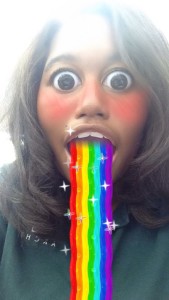
However, there have been a few questionable design choices in some of your lenses. I am, of course, referring to the angel and the princess.
I have brown eyes and both of these lenses distort my face so that it looks like I have blue eyes. Why do the princess and the angel have blue eyes? Does royalty have an eye color requirement? Does not having blue eyes make someone less angelic?
How did your cool idea of lenses become the topic of such an important and cultural conversation that we need to have, you may ask?
Society’s image of the “perfect person” happens to include brightly colored eyes. They are the less dominant outcome, which I suppose makes them rare and more desirable.
I grew up wishing for my eyes — in addition to other features — to be different. I also happen to know that I am not the only person who has thought like this. Lately, I have noticed that my younger sister is having similar thoughts.
I recently asked her why she thought having lighter colored eyes was better, and her response was, “They are just cooler and more attractive.”
I don’t want her to live in a world where she doesn’t believe the way she looks or dresses is good enough. I’ve been in her position before; I know how self conscious and withdrawn I became because I thought I would never be worthy.
In Toni Morrison’s novel “The Bluest Eye” the main character Pecola becomes a victim to the negative effects this type of idealism causes. She loses herself to an unattainable goal, which causes her to become delusional.
The media’s strong influence over Pecola is mainly centered around child actress Shirley Temple. Temple is on every possible bit of media, which encourages Pecola to idolize her. She wants to be loved, and everyone loves Shirley Temple. Unfortunately, Pecola believes it is because she has blue eyes.
The book is set in the forties, but clearly nothing has changed.
After poking around on the Internet a bit, it occurred to me that no one has actually spoken about the issue yet. All people seem to be interested in are the different options that appear every few days more than what they are actually representing.
This brings me to the name of this feature: “lenses.”
The word choice is fascinating to me. Everyone has a different perspective of how they see themselves and others through certain lenses, but you, my dear Snapchat, have given us a specific lens to look through. Our society has become so obsessed with the new images of what “perfect” should look like, which goes for both men and women. These occurrences are a major part of the problem.
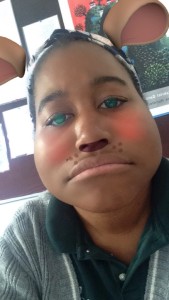
No one seems to notice that what you are endorsing is wrong. Sure, some may argue that we are in the twenty-first century, and everything is different now. Others might say that this is an over reaction to something that doesn’t even matter. Snapchat, I hope that you will be able to look past these narrow perspectives and recognize that small actions like this have a collective effect on a person’s self worth. Hopefully you can make a change before it’s too late.
Sincerely,
A brown-eyed girl
P.S. Why does the chipmunk lens have green eyes? Do chipmunks have green eyes? I was researching the topic and found no evidence of this. Please share the source you found this information on, I would love to read it!



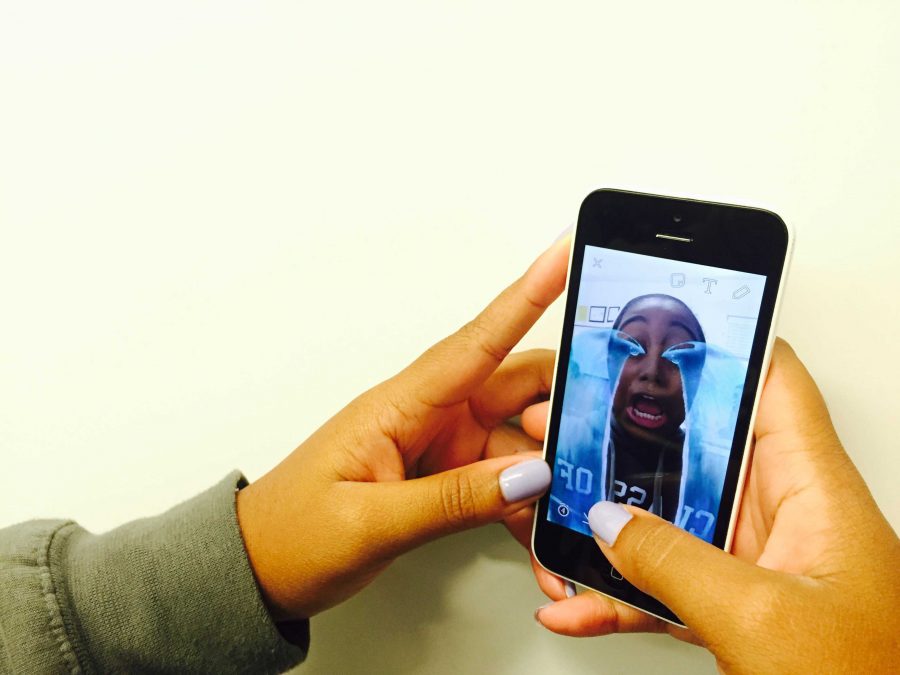

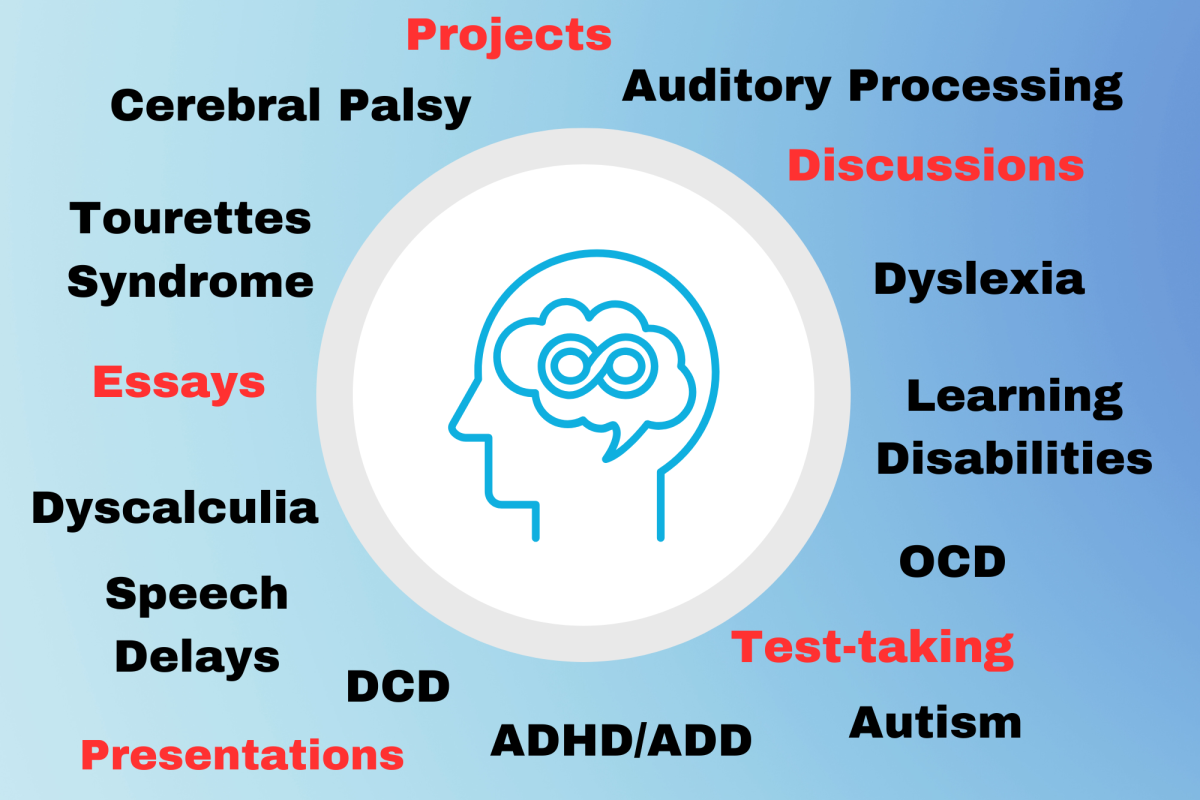
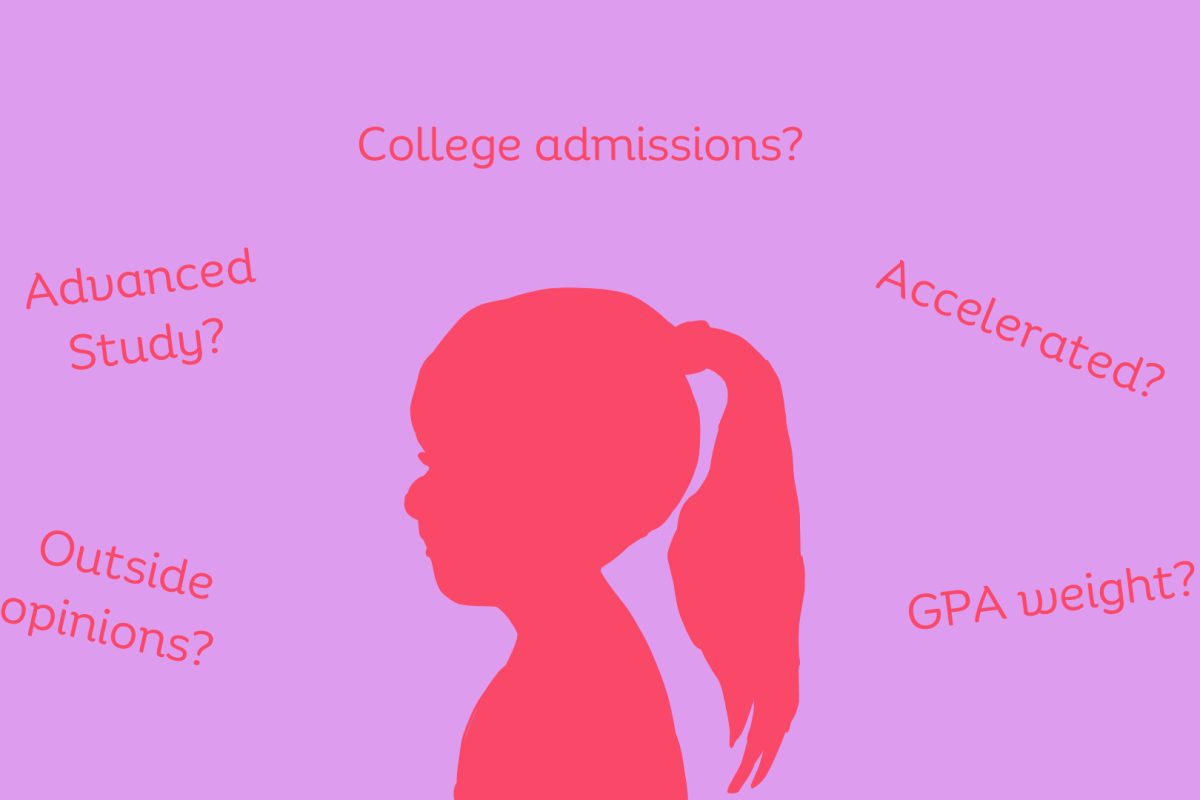
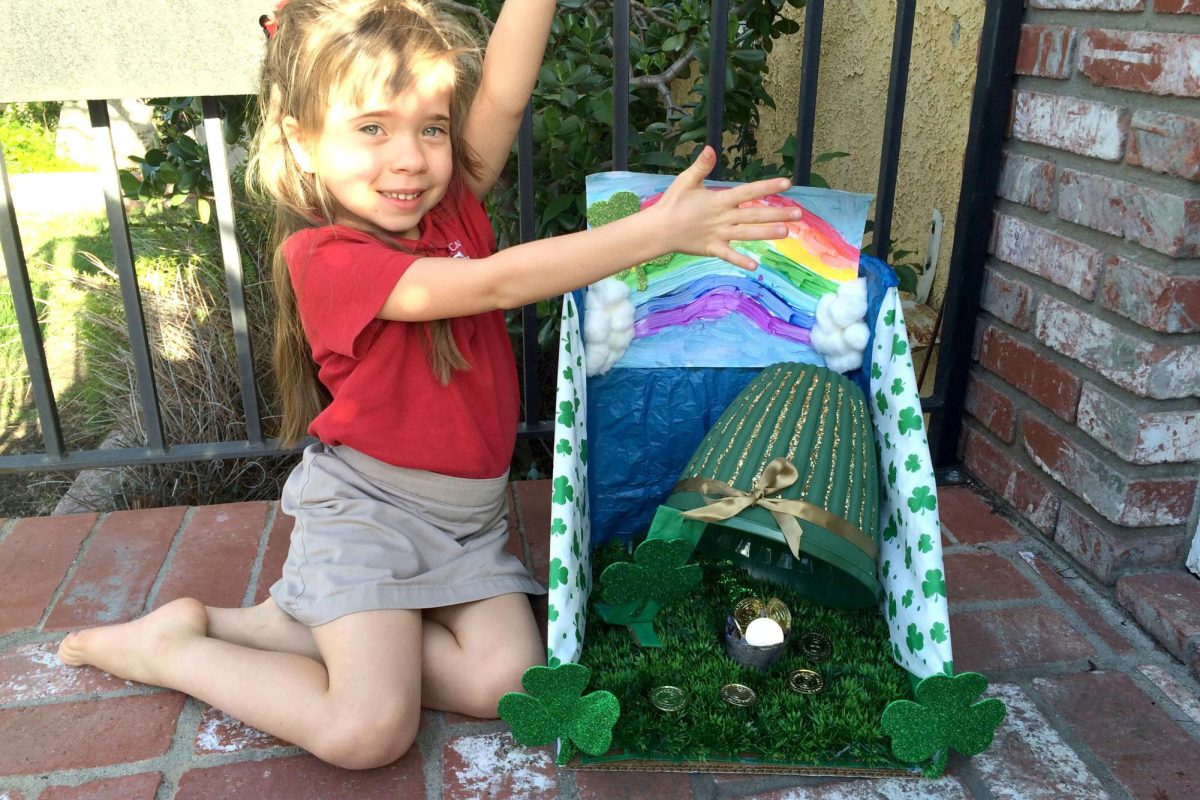
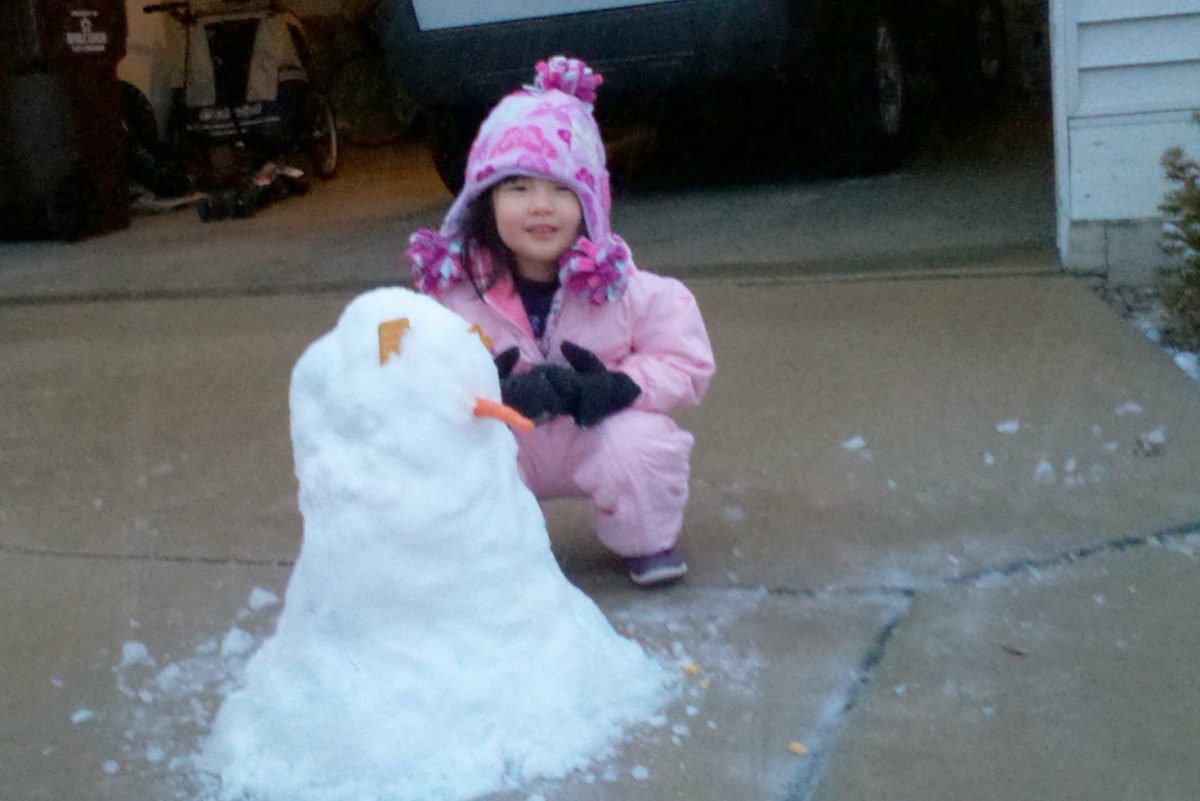





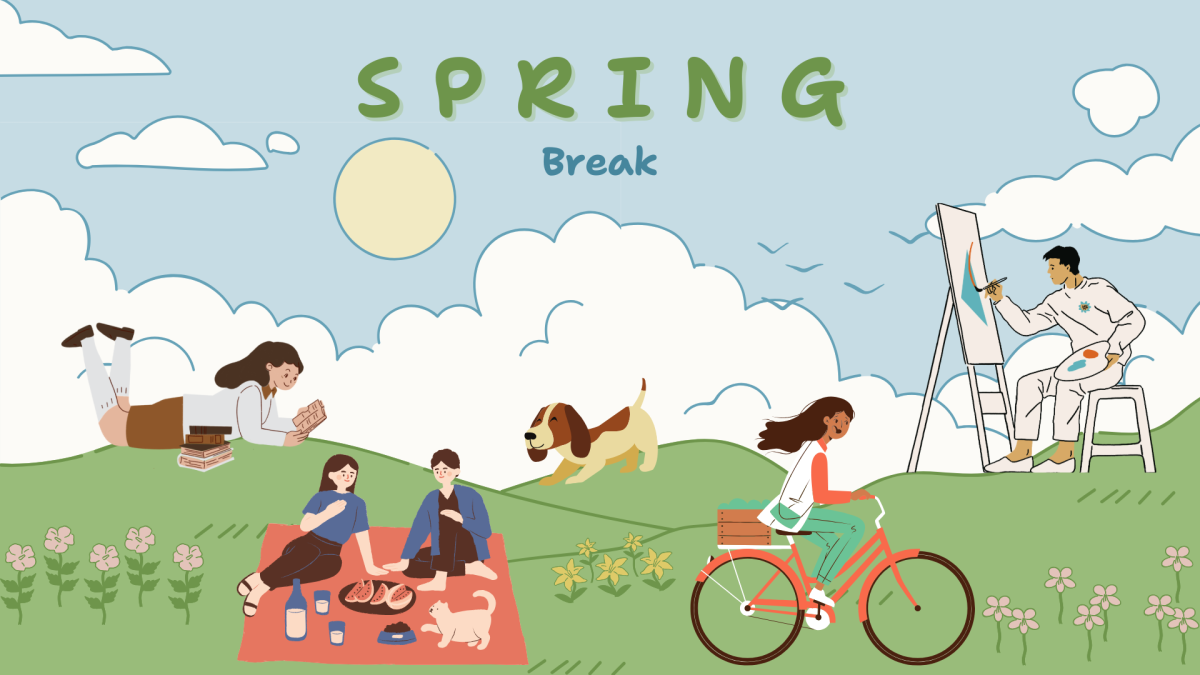

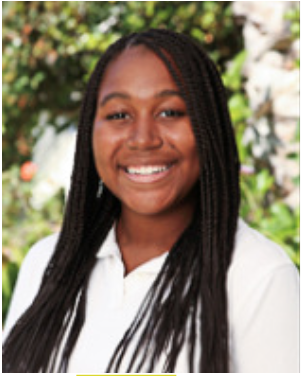
Sonia • Nov 17, 2015 at 10:14 pm
I love this, so well written and a very good point.
Reanna • Nov 15, 2015 at 5:06 pm
Thank you so much for writing this and making more people aware.
Mr. Berning • Nov 12, 2015 at 8:20 pm
Beautifully written.
Cherish Gardner • Nov 10, 2015 at 12:53 pm
Bravo, what a thoughtful and bravely expressed challenge to the “Anglo” steteotype of beauty! As a mother of a beautiful brown skinned, brown eyed seven year old, I too have had fears that she may succumb to the media stereotype of blond and blue eyed as superior and question her self worth. Already she gravitates to the white Barbies and dolls given the choice. I have nothing against any particular ethnicity, I myself am mixed race and my mother was blond and blue eyed. I only respond because I want my girl to love the skin she’s in, but sometimes the media makes it more difficult than it has to be. So snapchat, diversify your lenses for the sake of the 65% of the American population who aren’t blue eyed. Our many thanks!
Sage Orvis • Nov 10, 2015 at 11:07 am
Funny but also such a great point. Loved it.